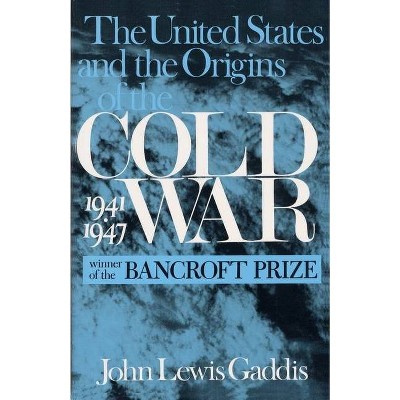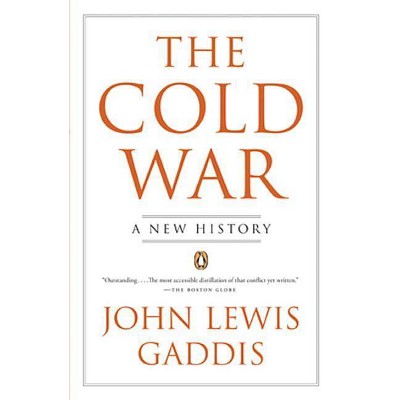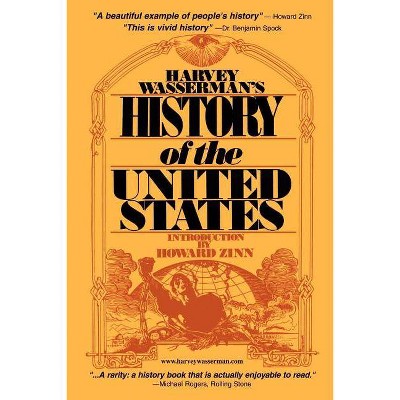The United States and the Origins of the Cold War, 1941â "1947 - (Columbia Studies in Contemporary American History) 2nd Edition by John Gaddis

Similar Products
Products of same category from the store
AllProduct info
<p/><br></br><p><b> About the Book </b></p></br></br><p>This book moves beyond the focus on economic considerations that was central to the work of New Left historians, examining the many other forces--domestic politics, bureaucratic inertia, quirks of personality, and perceptions of Soviet intentions--that influenced key decision makers in Washington.</p><p/><br></br><p><b> Book Synopsis </b></p></br></br><p>This book moves beyond the focus on economic considerations that was central to the work of New Left historians, examining the many other forces -- domestic politics, bureaucratic inertia, quirks of personality, and perceptions of Soviet intentions -- that influenced key decision makers in Washington.</p><p/><br></br><p><b> Review Quotes </b></p></br></br><br>[T]he most satisfactory post-revisionist treatment of American policy making to date.--New York Times Book Review<br><br>An exceptionally elegant and detached example of post revisionism. (from the first edition)--The New York Review of Books<br><br>History moves fast, and it is a rare book that stays current after almost 30 years. John Gaddis's "postrevisionist" study of how the United States and Soviet Union got themselves into such sterile conflict of interests following the defeat of the Axis remains one of the best books available on this crucial period.--The Daily Yomiuri<br><p/><br></br><p><b> About the Author </b></p></br></br>John Lewis Gaddis is professor of history at Yale University
Price History
Price Archive shows prices from various stores, lets you see history and find the cheapest. There is no actual sale on the website. For all support, inquiry and suggestion messagescommunication@pricearchive.us




















